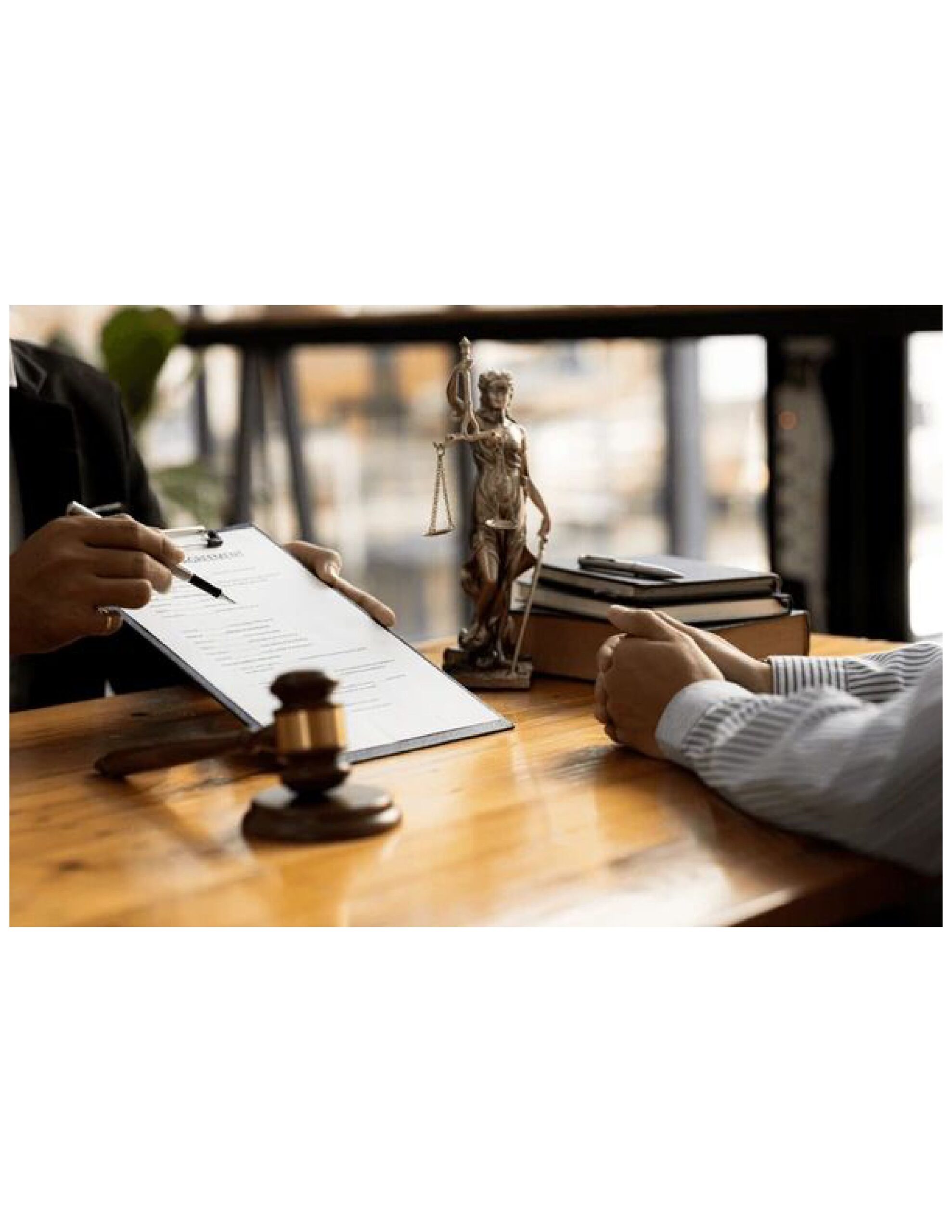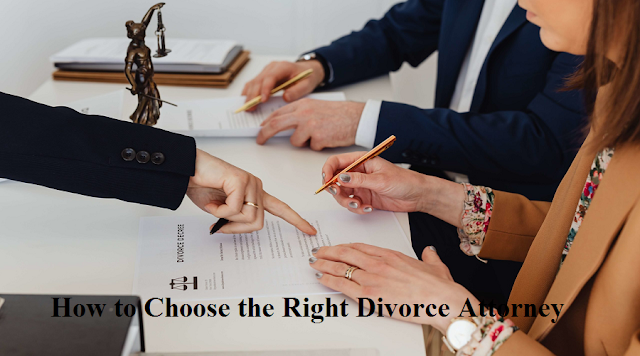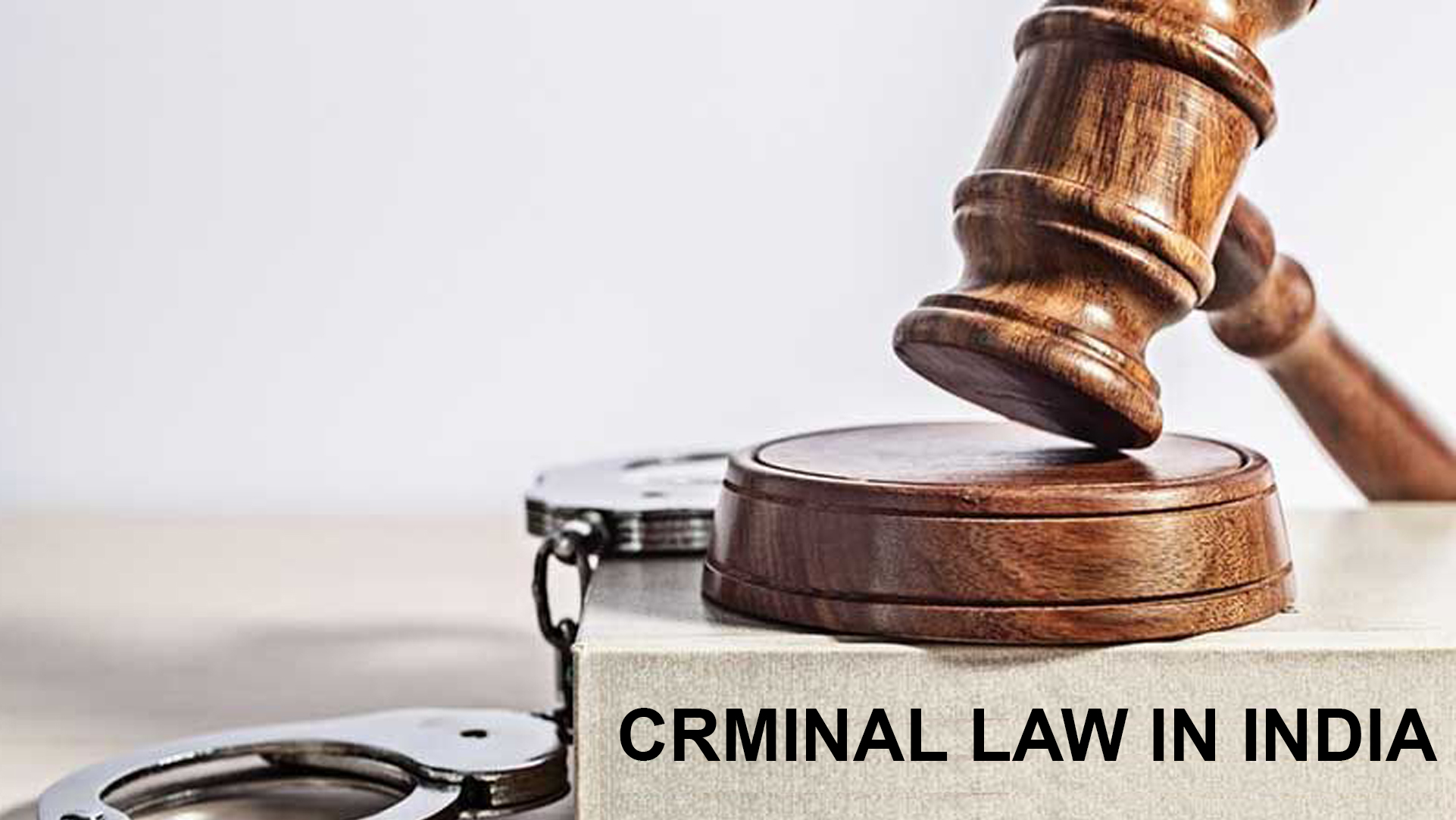In India, where the legal system is intricate and multifaceted, finding the right criminal lawyer to handle your case can be daunting. Whether you’re facing charges or seeking justice, the expertise and experience of a competent criminal lawyer can significantly influence the outcome of your case. With numerous lawyers practising criminal law in India, it’s essential to identify the best one for your specific needs. This comprehensive guide provides top tips for finding the best criminal lawyer in India, ensuring that you make an informed decision that could potentially change the course of your legal battle.
Understand Your Legal Needs Criminal Lawyer in India
Before you start searching for a criminal lawyer, it’s crucial to understand your legal needs. Criminal law in India covers a wide range of offences, including theft, assault, fraud, drug-related crimes, and more severe charges like murder and sexual assault. Each of these areas requires a different level of expertise and specialization.
A. Types of Criminal Cases:
- Bailable and Non-Bailable Offenses: Bailable offences are less serious crimes where the accused can be granted bail as a matter of right. On the other hand, non-bailable offences are more serious, and bail is at the court’s discretion. Depending on the nature of the offence, you may need a lawyer experienced in handling bail applications.
- Cognizable and Non-Cognizable Offenses: Cognizable offences are serious crimes for which the police can arrest the accused without a warrant. Non-cognizable offences are less serious, requiring a warrant for arrest. The type of offence will determine the approach your lawyer will take.
- Compoundable and Non-Compoundable Offenses: Compoundable offences are those where the complainant can compromise with the accused, leading to the dropping of charges. Non-compoundable offences cannot be settled out of court and require a full trial.
B. Assessing the Complexity of Your Case:
- Severity of Charges: Consider the severity of the charges you are facing. Serious charges, such as life imprisonment or the death penalty, require a lawyer with extensive experience and a strong track record in handling similar cases.
- Nature of Evidence: Assess the nature of the evidence against you. If the evidence is strong, you may need a lawyer skilled in challenging the admissibility and credibility of evidence in court.
- Potential Outcomes: Consider the potential outcomes of your case, including the possibility of acquittal, reduced charges, or plea bargaining. A lawyer who understands the nuances of these outcomes can provide valuable guidance.
Research and Compile a List of Potential Lawyers
Once you clearly understand your legal needs, the next step is to research and compile a list of potential criminal lawyers who can handle your case. This involves gathering information from various sources and evaluating each lawyer’s credentials.
A. Seeking Recommendations:
- Word of Mouth: One of the most reliable ways to find a competent criminal lawyer is through word of mouth. Ask friends, family members, or colleagues if they know any reputable criminal lawyers who have successfully handled similar cases.
- Legal Professionals: If you know any legal professionals, such as advocates, judges, or law professors, they can provide valuable recommendations based on their knowledge of the legal community.
- Bar Associations: Contacting local bar associations, such as the Bar Council of India or state bar councils, can help you find a list of qualified criminal lawyers practising in your area.
B. Online Research:
- Law Firm Websites: Visit the websites of law firms specializing in criminal law. These websites often provide detailed information about the firm’s lawyers, areas of expertise, and track records.
- Legal Directories: Online legal directories, such as Justia, Legistify, and LawRato, allow you to search for criminal lawyers based on location, specialization, and client reviews.
- Social Media and Legal Forums: Social media platforms like LinkedIn and legal forums can be valuable resources for finding criminal lawyers and reading reviews or testimonials from previous clients.
C. Evaluating Credentials:
- Educational Background: Check the educational backgrounds of the lawyers on your list. A strong academic record from a reputable law school can indicate a lawyer’s competence and knowledge.
- Years of Experience: Experience is critical when choosing a criminal lawyer. Look for lawyers who have been practising criminal law for several years and have handled cases similar to yours.
- Specialization: Criminal law is a vast field, so it’s essential to choose a lawyer who specializes in the specific area relevant to your case, whether it’s a white-collar crime, drug offence, or violent crime.
Consider the Lawyer’s Track Record and Reputation
A lawyer’s track record and reputation can provide valuable insights into their ability to handle your case effectively. It’s essential to choose a lawyer with a history of success in criminal cases and well-regarded in the legal community.
A. Reviewing Case History:
- Success Rate: Look into the lawyer’s success rate in criminal cases. While no lawyer can guarantee a win, a high success rate indicates a lawyer’s ability to achieve favourable client outcomes.
- Notable Cases: Research any notable cases that the lawyer has handled, especially those that received media attention. Lawyers who successfully handle high-profile cases often have the experience and skills needed for complex legal battles.
- Client Testimonials: Read client testimonials and reviews to gain insights into the lawyer’s approach, communication style, and overall effectiveness. Positive feedback from previous clients can strongly indicate the lawyer’s competence.
B. Assessing Reputation in the Legal Community:
- Peer Recognition: Lawyers whose peers recognize them for their expertise and professionalism often have a strong reputation in the legal community. Look for awards, honours, or recognitions from legal organizations that the lawyer has received.
- Professional Associations: Membership in professional associations, such as the Indian National Bar Association (INBA) or the International Criminal Law Association, can indicate a lawyer’s Commitment to staying current on legal developments.
- Courtroom Reputation: A lawyer’s reputation in the courtroom, including their rapport with judges and prosecutors, can significantly impact your case. Lawyers who are known for their integrity and strong advocacy skills are more likely to gain the respect of the court.
Schedule Consultations and Ask the Right Questions
Once you have narrowed down your list of potential lawyers, the next step is to schedule consultations with them. This will allow you to assess their suitability for your case and ask pertinent questions.
A. Preparing for the Consultation:
- Gather Relevant Documents: Before the consultation, gather all relevant documents related to your case, including police reports, chargesheets, bail applications, and any correspondence with law enforcement or the courts.
- List of Questions: Prepare a list of questions you want to ask the lawyer during the consultation. This will help you stay focused and ensure that you cover all the important aspects of your case.
- Consider Your Budget: Be clear about your budget and what you can afford. While cost should not be the sole factor in your decision, choosing a lawyer whose fees are within your financial means is essential.
B. Key Questions to Ask:
- Experience with Similar Cases: Ask the lawyer about their experience handling cases similar to yours. Please inquire about the outcomes of those cases and the strategies they used to achieve success.
- Legal Strategy: Discuss the legal strategy the lawyer plans to use for your case. A good lawyer should be able to outline a clear action plan and explain how they intend to defend you.
- Communication and Updates: Ask the lawyer how they will keep you informed about the progress of your case. Regular communication is essential for staying updated on developments and ensuring you are involved in important decisions.
- Fees and Billing: Discuss the lawyer’s fees and billing structure. Some lawyers charge a flat fee, while others bill by the hour. Ensure you understand the fee arrangement and any additional costs arising during the case.
- Expected Outcomes: While no lawyer can guarantee a specific outcome, they should be able to provide you with an honest assessment of your case and the potential outcomes.
C. Assessing the Lawyer’s Compatibility:
- Communication Style: Assess the lawyer’s communication style during the consultation. A lawyer who listens carefully, answers your questions clearly, and explains legal concepts in a way you understand is more likely to be a good fit.
- Availability: Inquire about the lawyer’s availability and how much time they can dedicate to your case. A lawyer too busy with other cases may need more time to give your case the attention it deserves.
- Gut Feeling: Trust your instincts when choosing a lawyer. If you feel comfortable and confident with a particular lawyer, they may be the right choice for your case.
Consider the Lawyer’s Resources and Support Team
A successful criminal defence often requires more than just a skilled lawyer. It’s essential to consider the lawyer’s resources and support team, as these can play a crucial role in building a strong defence.
A. Investigative Resources:
- Access to Investigators: Criminal cases often require thorough investigations to gather evidence, interview witnesses, and uncover new information. A lawyer with access to experienced investigators can build a stronger case.
- Forensic Experts: In some cases, forensic evidence, such as DNA analysis or ballistics, may be crucial to your defence. Lawyers who work with reputable forensic experts can provide valuable insights that support your case.
B. Legal Research and Support:
- Paralegals and Legal Assistants: A lawyer with a skilled team of paralegals and legal assistants can handle the administrative aspects of your case, allowing the lawyer to focus on strategy and advocacy.
- Legal Research Tools: Access to advanced legal research tools, such as online databases and legal journals, lets the lawyer stay updated on relevant case law and legal precedents.
C. Network of Legal Professionals:
- Collaboration with Other Lawyers: Collaboration with lawyers specializing in different law areas may be necessary in complex cases. A lawyer with a strong network of legal professionals can bring in additional expertise when needed.
- Connections with Experts: Lawyers with connections with experts in various fields, such as psychology, medicine, or technology, can strengthen your defence by providing expert testimony.
Evaluate the Lawyer’s Commitment and Ethics
Finally, choosing a criminal lawyer who is committed to your case and adheres to high ethical standards is essential. A lawyer’s dedication and integrity can significantly impact the outcome of your case.
A. Assessing Commitment:
- Willingness to Fight for Your Rights: Choose a lawyer committed to fighting for your rights and achieving the best possible outcome for your case. A dedicated lawyer will go the extra mile to build a strong defence.
- Availability for Consultations: A committed lawyer should be available for regular consultations and meetings to discuss the progress of your case and address any concerns you may have.
B. Ethical Standards:
- Professional Conduct: Ensure that the lawyer you choose adheres to the highest standards of professional conduct. Lawyers who engage in unethical practices, such as bribery or tampering with evidence, can jeopardize your case.
- Transparency: Choose a lawyer who is transparent about their fees, billing practices, and the potential challenges in your case. A lawyer upfront about these matters is more likely to be trustworthy.
- Client Confidentiality: Ensure that the lawyer respects client confidentiality and is committed to protecting your privacy throughout the legal process.
Finding the best criminal lawyer in India for your case requires careful research, thorough evaluation, and thoughtful consideration of your legal needs. By understanding the complexities of your case, researching potential lawyers, and asking the right questions during consultations, you can make an informed decision that increases your chances of a favourable outcome. Remember that the right lawyer will have the expertise and experience to handle your case and will also be committed to fighting for your rights and upholding the highest ethical standards. With the tips provided in this guide, you can confidently select a criminal lawyer, ensuring that you have the best possible representation in the Indian legal system.



